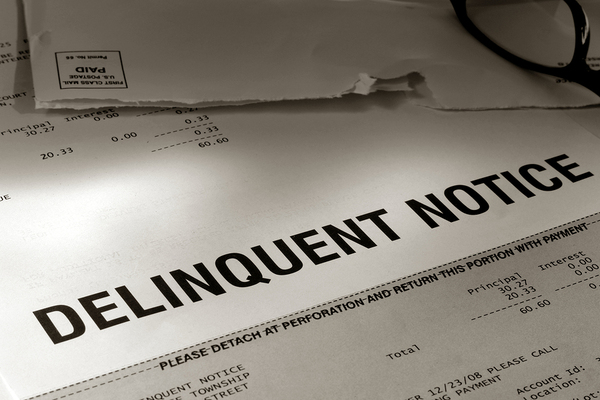View Sale Announcement Detail


Archived news
Extcerpt:
Recent figures show that U.S. credit quality in commercial loans is improving, which is welcome news for banks and credit unions, who may want to partner with an originator in order to invest in certain asset classes. It may also be an opportune time to sell certain underperforming parts of your portfolio.
Post:
Credit quality in the U.S. is improving, which is excellent news for lenders. According to data from a variety of sources, delinquency rates on loans are down as are requests for refinancing. While lenders can celebrate this news, there still may be reason to sell certain loans within a portfolio to minimize risk and maximize short and long-term results.
 Loan sale advisory services remain popular even as credit quality continues to improve.
Loan sale advisory services remain popular even as credit quality continues to improve.
Commercial Real Estate Delinquency Rates Drop
Trepp, LLC is a New York-based research firm that collects and releases data on mortgage-backed securities. In August, Trepp released figures revealing that the delinquency rates on U.S. commercial real estate loans fell to 3.8 percent in July. This was 14 basis points lower than June figures and an incredible 168 basis points under the rate a year earlier.
Trepp reports that, since the beginning of 2018, loan delinquency rates on commercial properties have dropped more than 1 percent. The rates in July are a new low after the start of the Great Recession. The biggest drop in commercial delinquency rates in July was among industrial properties (from 4.7 to 4.2 percent in one month).
Trepp researchers predict that delinquency rates could fall below 3 percent by the end of 2018. Other rating agencies concur. Fitch predicts the year-end CMBS delinquency rate will land between 2.25 and 2.75 percent. Morningstar puts the average rate below 2.5 percent for the remainder of the year.
Refinance Requests Through Fannie Mae Decline
Requests for commercial refinance loans are also waning, another sign that credit quality is on the rise. According to the quarterly Refinance Report released by the Federal Housing Finance Agency (FHFA), refis at Fannie Mae and Freddie Mac are down in Q2 of this year.
The FHFA reports that these government-sponsored loans saw a volume of 299,466 refinance requests in Q2 compared with Q1 volume of 356,002. The agency attributes some of this drop to the rise in mortgage rates.
 Delinquencies and refinancing originations are down in the 2nd quarter.
Delinquencies and refinancing originations are down in the 2nd quarter.
The Value of a Whole Loan Broker When Credit Quality is Improving
Credit quality may be improving, but lenders still choose to sell certain loans to avoid foreclosure on sensitive assets or special-use collateral types. Garnet loan sales commonly include sensitive collateral types such as churches, gas stations, brownfield properties, short stay motels and daycare facilities. Special-Use collateral types sold include bowling alleys, event centers/banquet halls, auto dealerships, and schools.
There are assets where a bank may be handcuffed in pursuing the debtor or the real estate collateral due to headline risks, environmental hazards, the type of business (nonprofit or church). Sometimes nonprofit loans are kept on nonaccrual for years, dragging down earnings. A sale can free up capital and avoid headline risk.
Garnet takes care in addressing these assets sensitively and trying to find a more appropriate investor.
Sign up for our newsletter for market updates and more information about partnering with a loan sale advisor.

